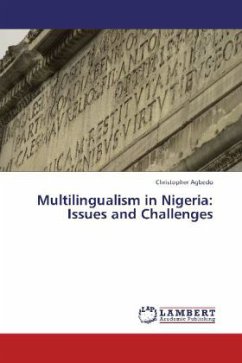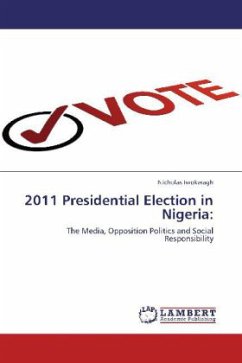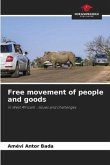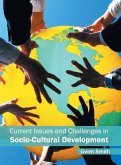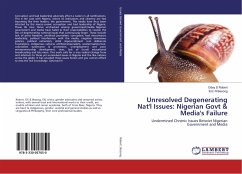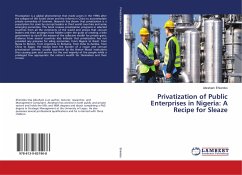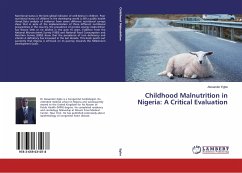This book examines multilingualism, its basic concepts, issues and challenges as they apply to the global speech community in general and the Nigerian context in particular. Virtually all nations on earth are characterized by multiplicity of languages. The essential difference lies in the disposition of these intrinsically multilingual nations to manage these centrifugal and centripetal forces in a manner that douses the flaming embers of centrifugal force on the one hand and entrench the centripetal force that make for national identity on the other. For those serious minded-nations that have recorded significant progress in this delicate balancing act, multilingualism is more of an asset than a liability. However, the reverse seems to be the case in such countries like Nigeria that appear roundly confounded by the realities of multiplicity of languages to the sorry point of surrendering to the centrifugal forces that gnaw at the Soul of the Nigerian nation. The work being pursued in this book is that the attempt to seek solutions to the national development problems of Nigeria would require solutions to the problems ocassioned by Nigeria's failure to plan her languages
Bitte wählen Sie Ihr Anliegen aus.
Rechnungen
Retourenschein anfordern
Bestellstatus
Storno

